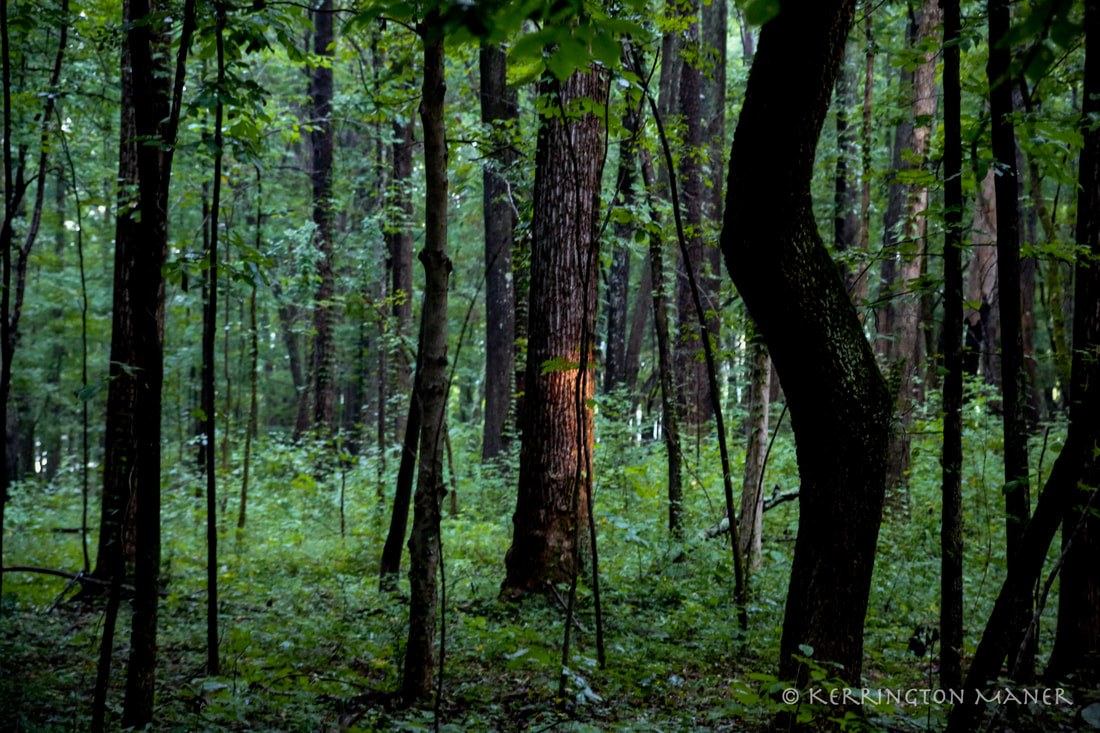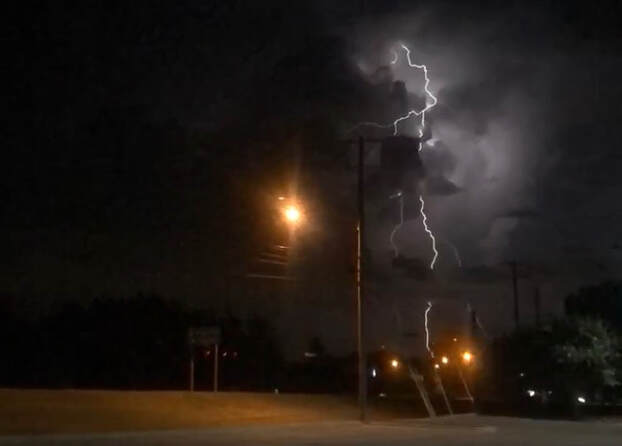|
But ask the animals, and they will teach you, or the birds in the sky, and they will tell you; or speak to the earth, and it will teach you, or let the fish in the sea inform you. Which of all these does not know that the hand of the Lord has done this? In his hand is the life of every creature and the breath of all mankind. Job 12:7-10 This is by far my favorite passage in Scripture. It not only suggests an innate awareness of God in the essences of every living creature but also incentivizes us as believers to make a greater priority the issue of conservation. The church, at least in my experience, has not demonstrated much support as it pertains to the preservation of the natural world and to wildlife conservation (somebody PLEASE correct me if I'm wrong — it would be quite encouraging). For whatever reason that may be, my hope is that followers of Christ can grow to love and appreciate nature, especially in light of Job 12:7-10. Perhaps if we approached the issue with an understanding that we can learn things about God through nature we would cherish our earth more. So I beg the question: how can we know God better through the natural world? 1. Authors of the Bible often use elements of nature to depict and describe God.  Many attributes of God are described in Scripture using references to nature:
These examples are just a handful of the passages in Scripture that utilize our understanding of nature to help us understand God. There are plenty more examples. If you've ever heard the roaring of a violent wind or experienced the intimidating presence of a lion or seen the strength of deeply rooted trees, you have had a taste of what God is like. Nature sheds light on unfathomable traits of God. 2. Learning about the natural world helps us love God with all our minds. Jesus replied: “‘Love the Lord your God with all your heart and with all your soul and with all your mind.’" Matthew 22:37 According to John Ortberg in his book Who Is This Man?, "To love God with your mind begins with being curious about God." He goes on to say, operating from the understanding that God created everything, "Therefore, anytime we learn something that's true, anytime we learned about how creation works or even about math or logic, we are actually thinking God's thoughts." He even suggests that the opposition to science is one of the most visible sins of the church. My jaw dropped when I read this. As someone who has been deeply passionate about animals and wildlife conservation since I was a kid, I have longed to see the convergence of science and faith in the church. Granted, I rarely do, and this was the first time that I felt someone had spoken out in this way about the church and its relationship with science. I was both amazed and comforted. To know that the pursuit of science — of understanding the world around us — can be seen as a method of discipleship was overjoying and encouraging to me. Learning how ecosystems function, discovering the intricacy of every interconnected biotic and abiotic factor in the world, understanding the behavior of animals in their proper contexts — all of these things help us love God with all our minds. The deeper we press in our relationship with God as individuals, the more He will reveal to us about Himself. And just like our universe, there is no end to what can be known and learned about God. 3. We come to know a creator by their creation. For since the creation of the world God’s invisible qualities — his eternal power and divine nature — have been clearly seen, being understood from what has been made, so that people are without excuse. Romans 1:20 Hey, Paul said it, not me. Here's the bottom line: nature is a reality by which we know everything around us, and there are invisible qualities of God that are clearly reflected in it. This idea makes logical sense: nature was created by God and thus is a way by which we can know and understand Him, His character and His thoughts. In what ways are His eternal power and divine nature revealed, though? I'll give you a few examples. In the same way that nature can be both relentlessly unforgiving and serenely enlivening can God be characterized by righteous wrath and unrelenting love. Or consider light, which is both a wave and a particle. This oxymoronic quality of God can be better understood by looking at nature, and that is only one of the things that we come to learn about God. As another example, take natural disasters like hurricanes, tsunamis, earthquakes, etc. They have oft been considered with negative connotations, which is understandable. They have very disastrous, real consequences that deeply affect people's lives. I have always been enamored by and drawn to them (I KNOW I'm not the only person who can say this). My friend pressed me to think about why I was so drawn to them, and this is what I concluded: they are pure power. Not arbitrary power that people are convinced they have because they hold "such and such" title. There is nothing we can do to stop natural disasters; we can only respond to their arrival with preparation. Take Hurricane Katrina, which hit New Orleans in August 2005, causing unimaginable damage along the Gulf Coast. There was nothing that could be done except prepare and respond. Natural disasters have the power to level cities and redefine our perception of normal. And yet even these are just a glimpse of the power of God: unstoppable, fierce, unpreventable, dangerous. 4. People encounter God in the wilderness. There are countless biblical accounts of people encountering God in the wilderness. Here are a few:
There are SO many more examples. This kind of encounter with God in the wilderness happens today, too. There are plenty of people who go into the wilderness and encounter God, either intentionally or unintentionally. In nature we experience a kind of freedom, an unattachment from the world by which we often find ourselves constrained. Through our relationships with Him, God wants us to be able to experience that same amount of freedom and liberation from the world, from fear, from unwarranted expectations and from so much else. The physical freedom we experience in nature is reminiscent of the spiritual freedom we encounter in the presence of God. As is evidenced throughout the Bible, nature and animals are things of importance to God. Rocks and mountains worship Him, animals trust Him to provide, the wind and the waves obey Him and the unending galaxy reflects His infinite essence. God utilizes that which He has created to help us know Him better, so I pray that we can grow in our appreciation and understanding of nature and wild animals.
I encourage you to take some time for personal reflection. Maybe take a walk or spend a few minutes outside. Look at the natural world around you: the bugs, the leaves, the flowers, the clouds, the birds. Ask the Lord to reveal Himself to you in a new way through nature or through animals. Please let me know what comes up — I'd love to hear about it. :)
0 Comments
Leave a Reply. |
1 Thess. 2:2"...but with the help of our God we dared to tell His gospel in the face of strong opposition." Categories
All
Archives
April 2023
|


 RSS Feed
RSS Feed
